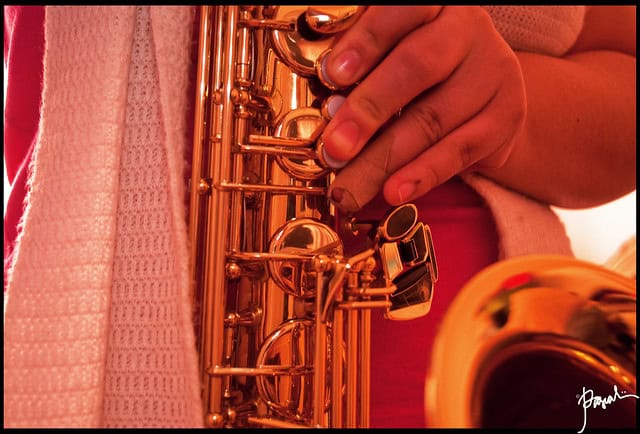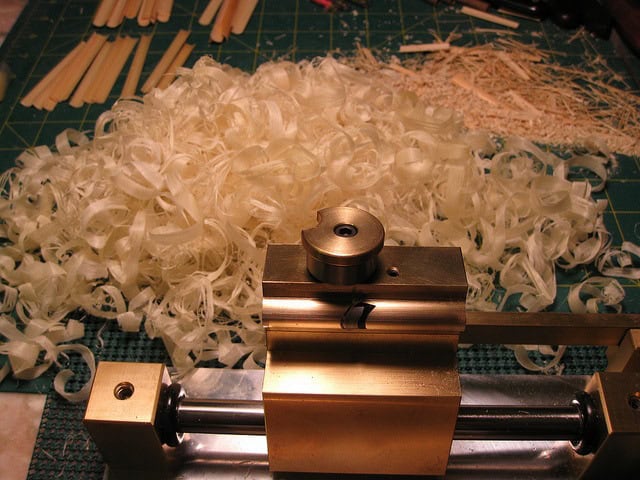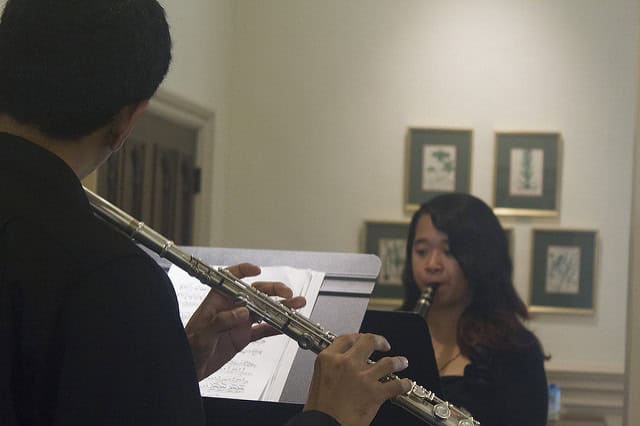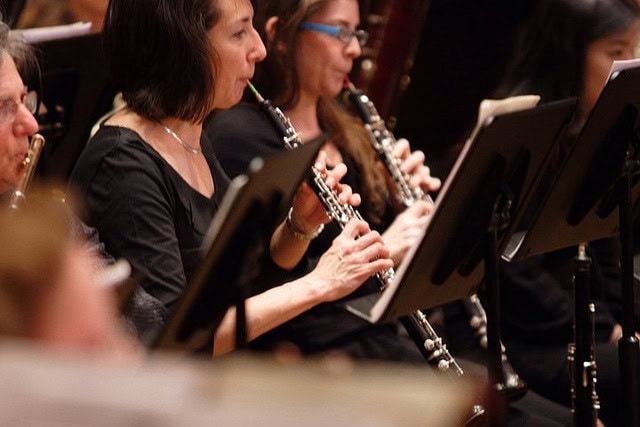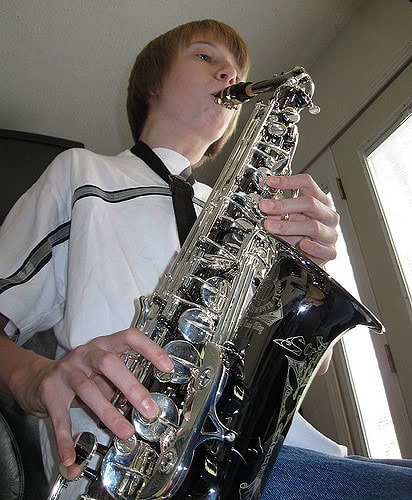Category: Education
-

Where to buy your child’s new school band instrument
—
in EducationThere are pros and cons to the places you might shop for a band instrument. Here’s what you need to know, bad news first: Big-box stores (Walmart, Costco, etc.): these may already be your favorite places for one-stop back-to-school shopping, but a musical instrument probably shouldn’t be on your list here. The “instruments” they sell …
-

Which college should I choose for music?
—
in EducationHere’s my best general advice for choosing a college for your music studies.
-

Hi, come on in, you’re right on time for your lesson.
—
in EducationI have lots on things on my list for you today: we should double-check your rhythms on that etude, review those melodic minor scales that were giving you trouble last week, and discuss some finer points of vibrato. But something about your sunken eyes when I met you at the door, the way you slouched …
-

Reedmaking and choosing your college oboe or bassoon professor
If you’re considering a school where you might study with someone who isn’t a performer on your double reed instrument, it would be worthwhile to find out their plan for teaching you reedmaking.
-

The value of chamber ensembles in music degrees
—
in EducationMy students learn to follow a conductor in their large ensembles, and how to work with a pianist on their individual repertoire. (The latter is a situation in which—unfortunately—the piano part is sometimes treated as secondary to the “solo” part.) But in chamber ensembles they learn how to make music in a group of equals, …
-

Not majoring in music
—
in EducationI was a very committed college music major. I had picked music as a career years earlier. Being a music student felt like a central aspect of who I was. While I did struggle at times, and had other (perhaps more widely marketable) skills I could have fallen back on, quitting the music-major track never …
-

-

Q&A: Instrument purchases
Answers to questions submitted for the blog’s 10th anniversary.
-
Grading student practicing
—
in EducationWhen I was a first-year undergraduate music major and not yet fully convinced of the importance of practicing several hours per day, a nudge/threat scared me into changing my ways. But the sudden “motivation” to apply myself a little better soon started paying off. It’s exciting to see my students making that same transition.
-

What I listen for in scholarship auditions
—
It’s scholarship audition season again, which means I get to meet and listen to some very nervous high school seniors (and community college sophomores). My university is a small regional one, so our audition process probably isn’t as intense as some of the big name-brand music schools. If you’re preparing for an audition, you should definitely …

